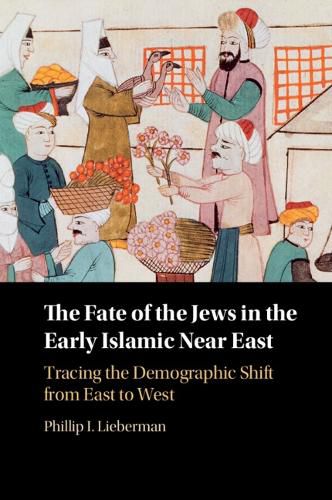Readings Newsletter
Become a Readings Member to make your shopping experience even easier.
Sign in or sign up for free!
You’re not far away from qualifying for FREE standard shipping within Australia
You’ve qualified for FREE standard shipping within Australia
The cart is loading…






In this book, Phillip Lieberman revisits one of the foundational narratives of medieval Jewish history-that the rise of Islam led the Jews of Babylonia, the largest Jewish community prior to the rise of Islam, to abandon a livelihood based on agriculture and move into urban crafts and long-distance trade. Here, he presents an alternative account that reveals the complexity of interfaith relations in early Islam. Using Jewish and Islamic chronicles, legal materials, and the rich documentary evidence of the Cairo Geniza, Lieberman demonstrates that Jews initially remained on the rural periphery after the Islamic conquest of Iraq. Gradually, they assimilated to an emerging Islamicate identity as the new religion took shape, sapping towns and villages of their strength. Simultaneously, a small, elite group of merchants and communal leaders migrated westward. Lieberman here explores their formative influence on the Jewish communities of the southern Mediterranean that flourished under Islamic conquest.
$9.00 standard shipping within Australia
FREE standard shipping within Australia for orders over $100.00
Express & International shipping calculated at checkout
In this book, Phillip Lieberman revisits one of the foundational narratives of medieval Jewish history-that the rise of Islam led the Jews of Babylonia, the largest Jewish community prior to the rise of Islam, to abandon a livelihood based on agriculture and move into urban crafts and long-distance trade. Here, he presents an alternative account that reveals the complexity of interfaith relations in early Islam. Using Jewish and Islamic chronicles, legal materials, and the rich documentary evidence of the Cairo Geniza, Lieberman demonstrates that Jews initially remained on the rural periphery after the Islamic conquest of Iraq. Gradually, they assimilated to an emerging Islamicate identity as the new religion took shape, sapping towns and villages of their strength. Simultaneously, a small, elite group of merchants and communal leaders migrated westward. Lieberman here explores their formative influence on the Jewish communities of the southern Mediterranean that flourished under Islamic conquest.